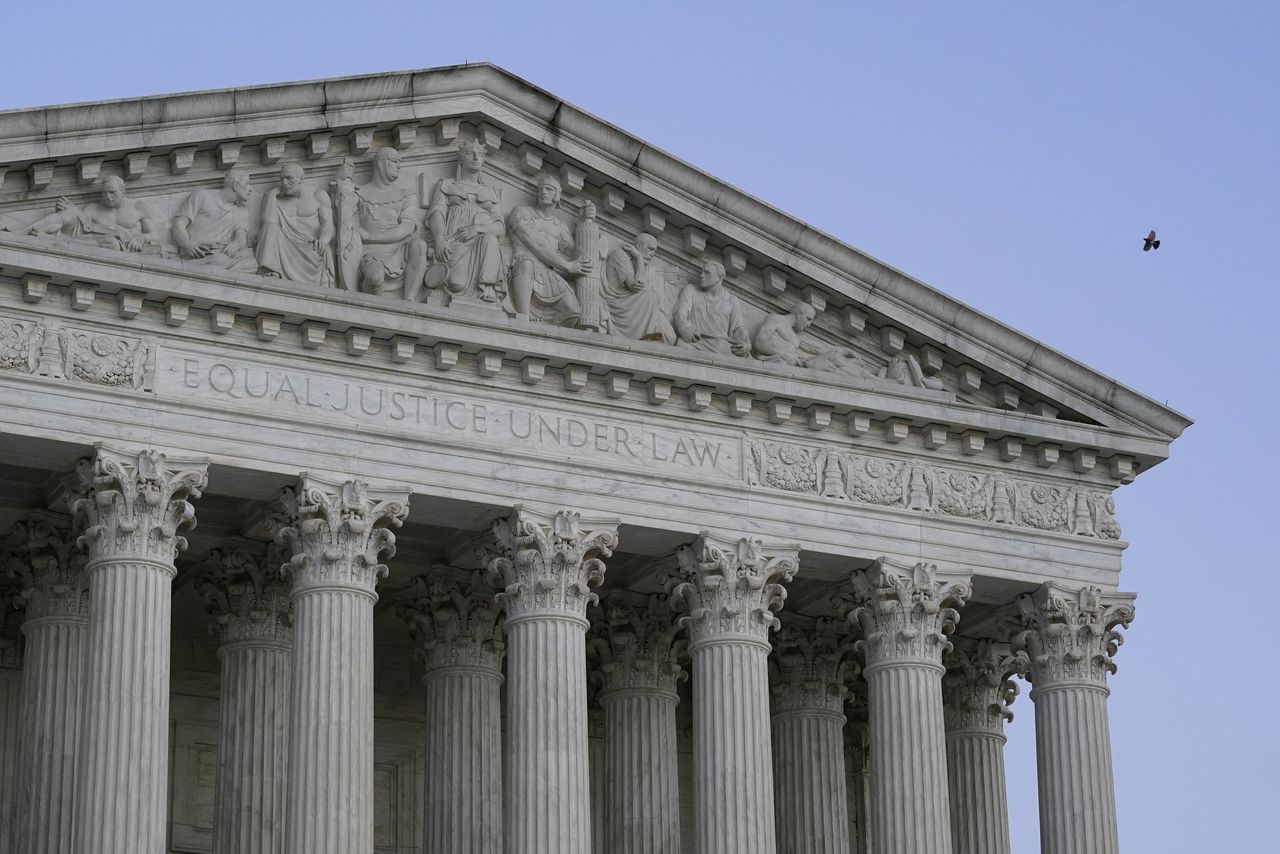Alabama argues Toforest Johnson case isnât of âextraordinary public importanceâ
The Alabama Attorney General’s Office has asked the nation’s highest court to not review the case of death row inmate Toforest Johnson, arguing the inmate hasn’t shown any reason for the court to look at his case.
Alabama Attorney General Steve Marshall’s office filed the brief last week to the U.S. Supreme Court. The filing comes in response to Johnson asking the high court to review his case in April.
The state argues in its filing that Johnson’s attorneys haven’t proven their argument, which is that the key witness in the 1998 murder conviction testified in hopes of securing a $5,000 reward from the governor. Additionally, Marshall’s office states, the lawsuit “does not raise an issue of extraordinary public importance or any compelling circumstances.”
There’s no evidence to show the witness, Violet Ellison, knew about or hoped to get the reward when she took the stand against Johnson, said the AG’s Office. “Of course, payment of the reward could not have been mentioned at Johnson’s trial in 1998 because the prosecutor did not apply for the reward until three years after the trial,” said the state’s filing.
The case centers around the shooting death of off-duty Jefferson County Sheriff’s Deputy William Hardy in July 1995. The deputy had been working a second job as a security guard at a hotel in Birmingham when he was gunned down.
Johnson, now 50, was eventually convicted of capital murder in the case and sent to Alabama Death Row. He is currently housed at William C. Holman Correctional Facility in Atmore, where he is awaiting an execution date.
Read more about his case and arguments to the U.S. Supreme Court here.
The conviction was based largely on claims from Ellison. She told police that, while listening in on phone calls made by her daughter to the Jefferson County Jail, she overheard a man who identified himself as “Toforest” confess to the shooting. She didn’t know Johnson.
After his 1998 conviction, Johnson’s lawyers said prosecutors suppressed evidence that Ellison knew about a $5,000 reward being offered in the case and testified hoping to get the money. That argument was litigated throughout the court system from 2003 until 2018.
In 2017, the U.S. Supreme Court reviewed Johnson’s case and sent the case back to state court. There was a hearing in Jefferson County, and in 2018 the copy of the check that was paid to Ellison surfaced.
Johnson’s lawyers weren’t told about the payment and didn’t conclusively know about it until seeing that check.
The county circuit court judge ruled in favor of the state, and the case again was appealed to the Alabama Court of Criminal Appeals. That court also ruled that Johnson’s team couldn’t show Ellison knew about the reward money when she talked to police.
In 2020, Jefferson County District Attorney Danny Carr voiced his own concerns about Johnson’s case and asked for a new trial, and the original prosecutor supported Carr’s motion. That motion for a new trial is pending in Jefferson County while the Supreme Court looks at the current appeal.
The state argued in its filing to the high court last week that Carr’s brief “does not raise any issues of national importance or point to the existence of a conflict.”
In December 2022, the state’s highest court declined to look at the case involving the reward money. That prompted Johnson’s legal team to appeal to the U.S. Supreme Court this spring.
